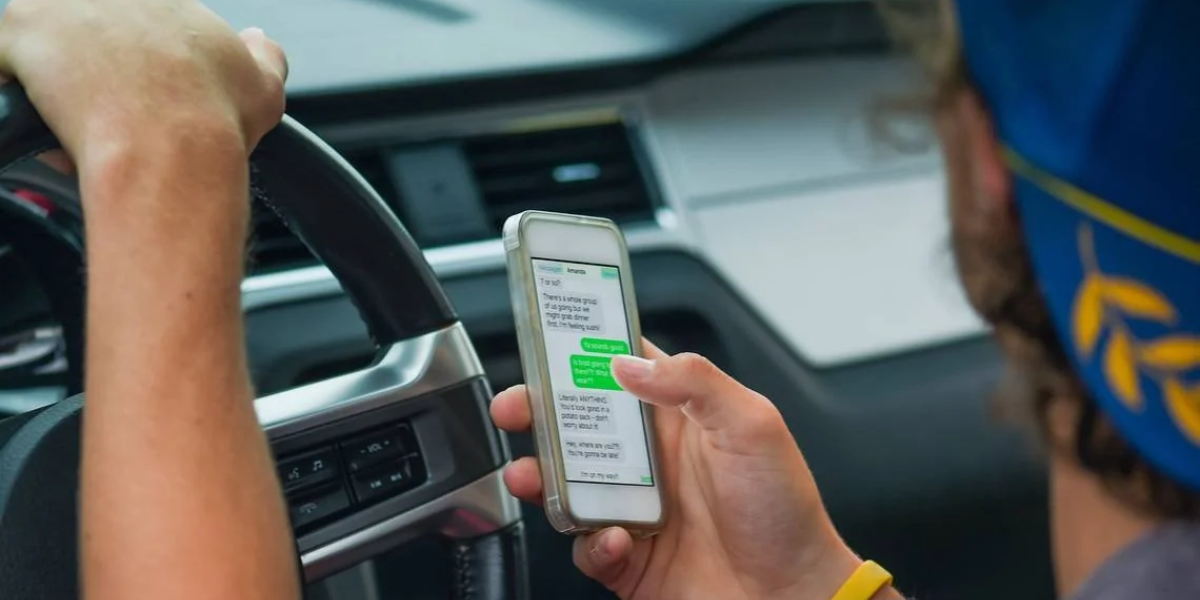The Fourth Amendment to the Constitution of the United States of America protects your rights to personal privacy in the event that you are pulled over for a traffic check in the state of Idaho. This amendment makes it illegal for the police to conduct unreasonable searches and seizures, which means that they are required to have a valid reason and frequently a warrant in order to search your property, which includes your mobile phone.
Supreme Court Precedent: Riley v. California
In the case Riley v. California, which was heard in 2014, the United States Supreme Court provided clarification about the principles that govern phone searches. The Supreme Court reached a majority decision that police enforcement must first get a search warrant before accessing the digital contents of your phone, regardless of whether or not you have been under arrest.
This ruling applies across the country, including in Idaho, and acknowledges that smartphones hold large quantities of personal information that should be protected with stringent privacy safeguards.
Consent and Exceptions
Your phone cannot be searched by Idaho police during a traffic stop unless one of two primary conditions is met: either you give them your explicit consent or they have a search warrant granted by a judge. One of these conditions must be met. If a law enforcement officer requests to inspect or unlock your phone, you are not required by law to comply with their request unless you voluntarily choose to do so.
Any information that is discovered can be used as evidence if you give your agreement. You are required to submit a warrant application to the police, which requires them to demonstrate that they have probable cause.
In extremely unusual circumstances, the requirement for a warrant may be waived. There are “exigent circumstances” that allow the police to perform a search without a warrant. For instance, if they consider that there is an imminent threat to the safety of someone or if there is a risk that evidence will be destroyed before a warrant can be acquired, they may undertake a search without a warrant. Given the specific nature of these circumstances, it is necessary to provide justification in court.
How the Idaho Police Department Deals with Digital Evidence
Although law enforcement agencies in Idaho have access to sophisticated forensic techniques that are capable of extracting data from mobile phones, these tools cannot be used in a legitimate manner unless they are authorized by the appropriate legal authorities. In the event that the police examine your phone without your permission or a warrant, any evidence that they come across may be thrown out in court if you oppose it by filing a request to suppress this evidence.
What to Do If Asked to Hand Over Your Phone
You have the right to politely decline to unlock or hand over your phone if you are stopped by Idaho police and asked to do so. However, if they offer a search warrant, you are required to comply with their request. In the event that you believe that your rights are being violated, you also have the right to call for legal representation and to maintain your silence.
In the state of Idaho, law enforcement officers are not permitted to search your phone during a traffic stop without either your permission or a legal search warrant, with the exception of extremely rare emergency situations. Having an understanding of your rights can assist you in protecting your privacy and ensuring that any evidence gathered in an improper manner cannot be used against you in a dispute.


 by
by 

